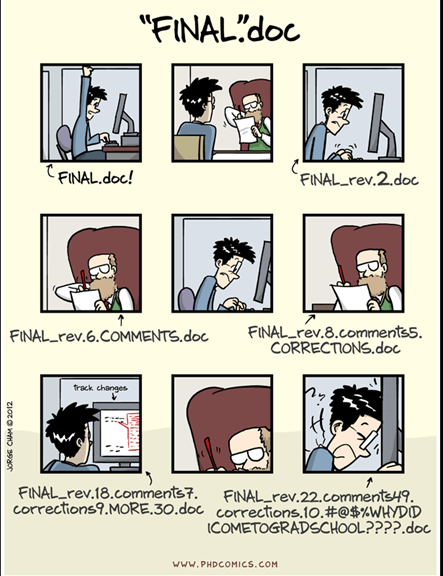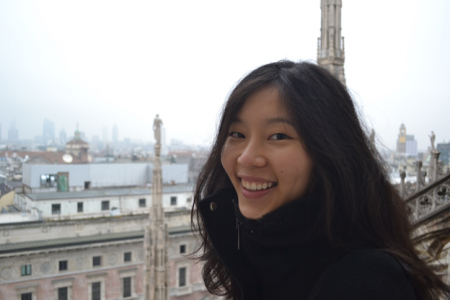By Cindy Quan
Technically, I’ve only concluded the first two terms, but I have yet to grow out of the undergraduate mindset of April signaling the end of a school year. Now that it is May, I have had the chance to reflect on the many types of writing that I completed since September. In this blog post, I hope some of my reflections may be of relevance to incoming graduate students, especially clinical psychology students.
Many types of writing
There are many types of writing to learn in graduate school. In the first year, there is a great demand on time: the course load is high, you must learn psychological tests, get familiar with the research in your advisor’s lab, and write literature reviews. This can distract from other types of writing, especially mastering the writing of assessment reports and scholarship applications. Yet both these types of writings are essential for long-term success as a clinical psychology student and deserve dedication of time and effort. During the first two semesters, I allocated little time to learn these skills, and becoming more proficient at both is one of my goals for the summer months. I have found plenty of resources in the library about both types of writing. This site has a lot of specific suggestions for proposal writing that I adopted for writing my tri-council scholarship application.
Extensive feedback from your advisor
If your advisor is anything like mine, you might be surprised and even feel a bit startled the first time you open a review paper or a research proposal with feedback. The many comment boxes may be unnerving, but they are actually great news. (At least, that is the perspective I have chosen.) First, they indicate that the advisor took time to read the text closely. In other words, your advisor cares about the work you do. Second, the comments are useful. I recognize that this might not always be the case, especially for “senior” students who have committee members who may provide conflicting suggestions or students who have developed a sufficient foundation in the area and their informed opinions differ from their advisors’. As a first-year student, I have always found adopting the suggestions improves my research. Third, the advisor may provide grammatical corrections and editorial comments. This brings me to my third realization.
Compensatory strategies for being a non-native English speaker work
As a non-native English speaker, I believe I spend more time revising than peers who are native English speakers. This habit partly stems from a lack of feedback on papers submitted during my undergraduate years. Not knowing why I received a better grade on one paper than another encouraged my neurotic and perfectionist tendencies – I just kept revising until a deadline. This is not necessarily a bad habit; it helped me improve the clarity and conciseness of my writing. As Gillian wrote in a post a few months ago, good punctuation and grammar requires practice. But in reality, as a graduate student there is little time for extensive rewriting. When time permits, I now try to read a style guide or visit the CAC experts who can efficiently point out recurrent grammatical errors I make. Also, simply incorporating the comments my advisor provides on my work improves the quality more than trying to revise on my own and it saves time! When revising, I now stop at the point of diminishing returns. A great law…

www.phdcomics.com
Experiment with writing
Since I had to do a lot of writing this past year, I experimented with systems of organization and writing settings to see how to become more productive. I finally started using a citation manager. Since I do my work both on a Mac and a PC I use Zotero; it syncs the information seamlessly. There are many other citation tools. You can find a nice comparison chart for what suits your needs here. Some people enjoy writing in groups, finding the presence of others to keep them accountable. Writing in a group did keep me from browsing online shopping sites and checking emails, but I also felt awkward. I tried writing in cafes, but the noise was distracting and the cost of snacks adds up quickly. Ultimately, I found that home is the best place for me to work – I can drink my weight in coffee and tea for free, and there is silence.
Somewhat surprising to myself, I find that my confidence in writing increased after the first year and the writing process is easier. I am looking forward to writing the introduction to my thesis over the summer. Anyway, happy writing!
Cindy Quan is a Master’s candidate in Clinical Psychology at the University of Victoria. Her research interests include the intersection of culture and mental health as well as risks and protective factors in vulnerable families. When not working, she loves spending her time playing racquet sports, travelling and cooking.
